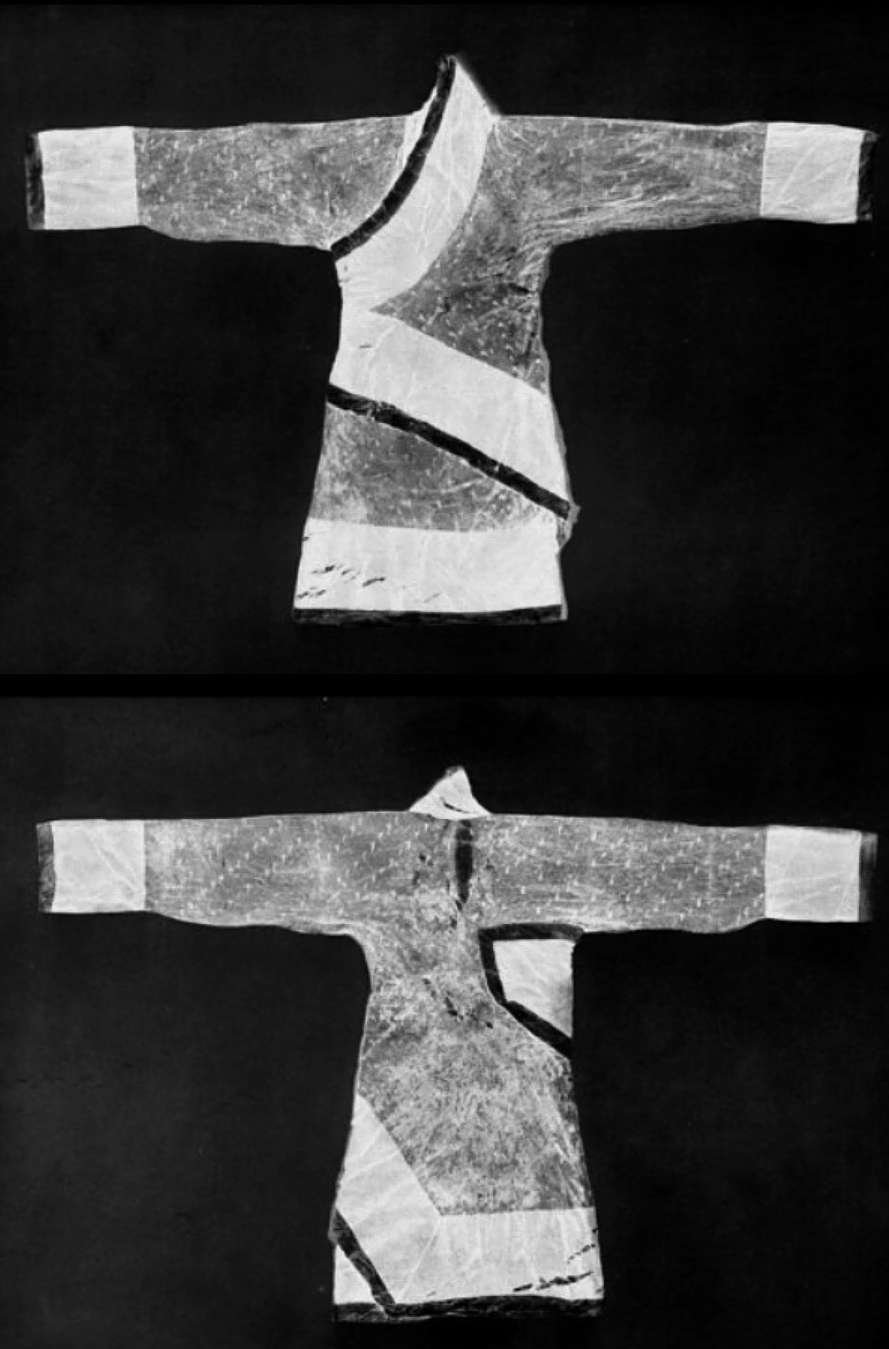Art by
★陸曼陀★ LuDanling
Music: 《只此青绿》“Only This Lush Green”
An era authentic rendering of Diaochan, one of the 4 great Chinese beauties. Though Diaochan herself was a literary character from the novel "Romance of the Three Kingdoms," Lou Guanzhong 罗贯中 was inspired by several nameless female figures that led to the major transition of this era. In this rendering by the artist LuDanling, Diaochan is dressed in the ornate robes and hairpins of a noble palace woman. During this era, high ladies often wore translucent robes over their Quju robes (1 piece wrap dresses.) Inspired by 列女传仁智图 "Pictures of Benevolence and Wisdom in the Biography of Women" and 女史箴图 "Admonitions of the Court Instructress" or "Admonitions Scroll."
Diaochan was a literary amalgamation of several unnamed women of this period that led to major changes in this era. One was one of the usurper Dong Zhuo's beautiful (but unnamed) concubines, whom the great warrior Lu Bu was recorded to have had a secret affair with. Dong Zhuo was ruthless and tyrannical and possessed a ferocious grip on power and if this affair was uncovered it would naturally lead to Lu Bu's execution. And it was this fear of discovery that prompted Lu Bu to assassinate Dong Zhuo by slaying him and ending his reign of terror. Because Dong was such a major figure of this era and his death eventually lead to the battle royale of high warlordom across the former Han provinces, this beauty- though unnamed, had irrevocably changed the course of Chinese history.

Luo- the author of Romance was also keen to keep her character origins authentic as well. As he made her a daughter of the clever arch- loyalist Han minister Wang Yun. Historically Wang and his clan had long served the Han dynasty and Wang had personally served several late Han emperors. When the Han court was hijacked by Dong in the chaotic aftermath of the struggle between the eunuch faction and imperial guards, Wang was outraged that Dong brazenly kept the young emperor hostage and became the tyrant of the realm. In the novel Diaochan was his beautiful daughter and she aided him in his ploy to sow division between Dong and his most ferocious general Lu Bu. In Romance Wang first promised to give Diao's hand to Lu then promised her hand to Dong. Diao then feigned this renege of promise as if Dong had taken her as his by force, outraging Lu to eventually betray his master. This version amalgamates with the historical reason of Lu's later betrayal.

This form of highly piled- on hair became enduringly popular with noblewomen for centuries after the collapse of the Han dynasty, as late as the steppe- led Northern Wei period, ornate curvilinear gold tree and leaf shaped hairpins with dangling gold leaves Buyao 步摇 ("step shaker" lit. step sway ) in the shape of trees or antlers that formed trees on their head. The gilded leaves are crafted separately and would shake whenever the women moved, hence the name of step shaker. Both the reindeer sound and deer are seen as auspicious by steppe cultures.







The 曲裾袍 Qū jū dress robe, páo means "Robe" and "Quju" means "Curved Robe" or "Curved Gown" Quju are like narrow wide- sleeved robes with one side of the robed lapel extended far enough to form a triagonal flap that wraps around the wearer's back. There are no clasps on the robe itself to fasten it in place so the robe is often paired with a belt to secure it in place. The morning glory- like coil of the robe's triangular fold usually marks the wearer as someone of means because Qujus often take up a good deal of more materials (than the standard straight collared robes) to make. During this era, high ladies often wore translucent robes over their Quju robes.
Music: The Tyrant, the Pawn
Unfortunately for the historical Wang Yun his loyal triumph on behalf of his young emperor was short lived. After the success of his coup (led by Lu Bu,) situation inside Chang'An became a bubbling cauldron. Wang Yan refused to pardon many of Dong's senior generals and as such they began to fear for their lives. Only a few months after his success, Dong's followers launched a counter- coup and took Chang'An.

Nearly surrounded even the otherwise cruel and extremely opportunistic Lu Bu uncharacteristically offered Wang to escape the doomed city with him. However Wang refused to leave the young emperor's side and chose to stay in the capital where he and his whole clan were exterminated. Some of Wang Yun's relatives managed to escape and survive; one of them was Wang Ling, a nephew of Wang Yun, who later became a general in the state of Cao Wei during the Three Kingdoms period. In "Romance of the Three Kingdoms" when Chang'An was surrounded by the late Dong's forces, Wang Yun made them promise to not harm Emperor Xian and then committed suicide in front of them by jumping off the viewing platform above the city gates to his death.
Thank you to my Patrons who has contributed $10 and above: You made this happen!
➢ ☯ MK Celahir
➢ ☯ Muramasa
➢ ☯ Thomas Vieira
➢ ☯ Vincent Ho (FerrumFlos1st)
➢ ☯ BurenErdene Altankhuyag
➢ ☯ Stephen D Rynerson
➢ ☯ Michael Lam
➢ ☯ Peter Hellman
➢ ☯ SunB



























Comments